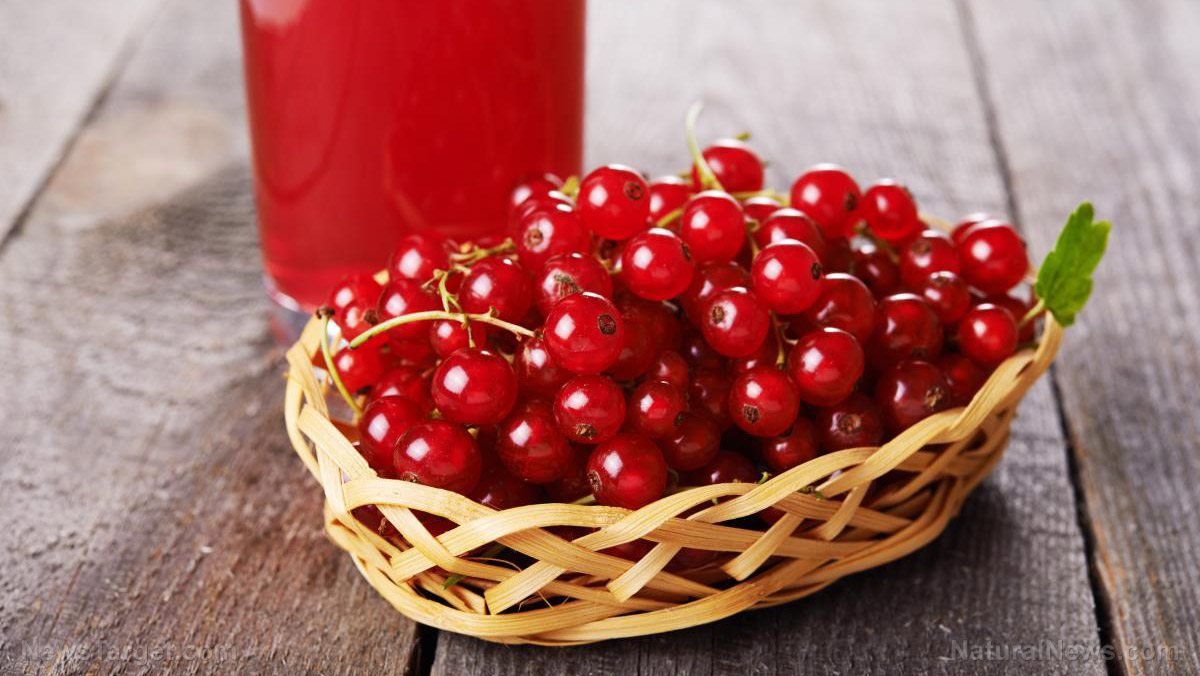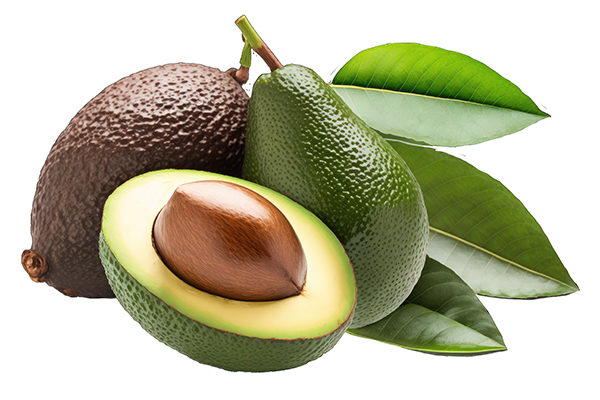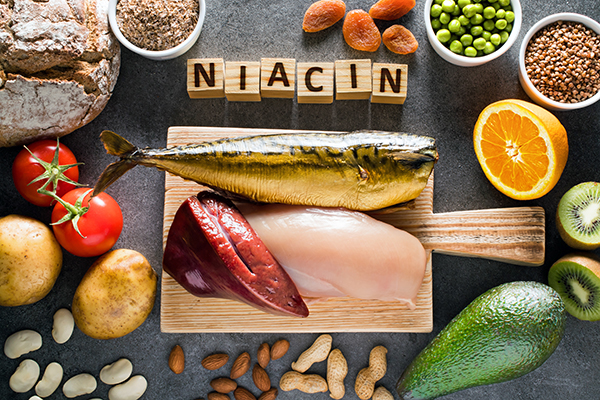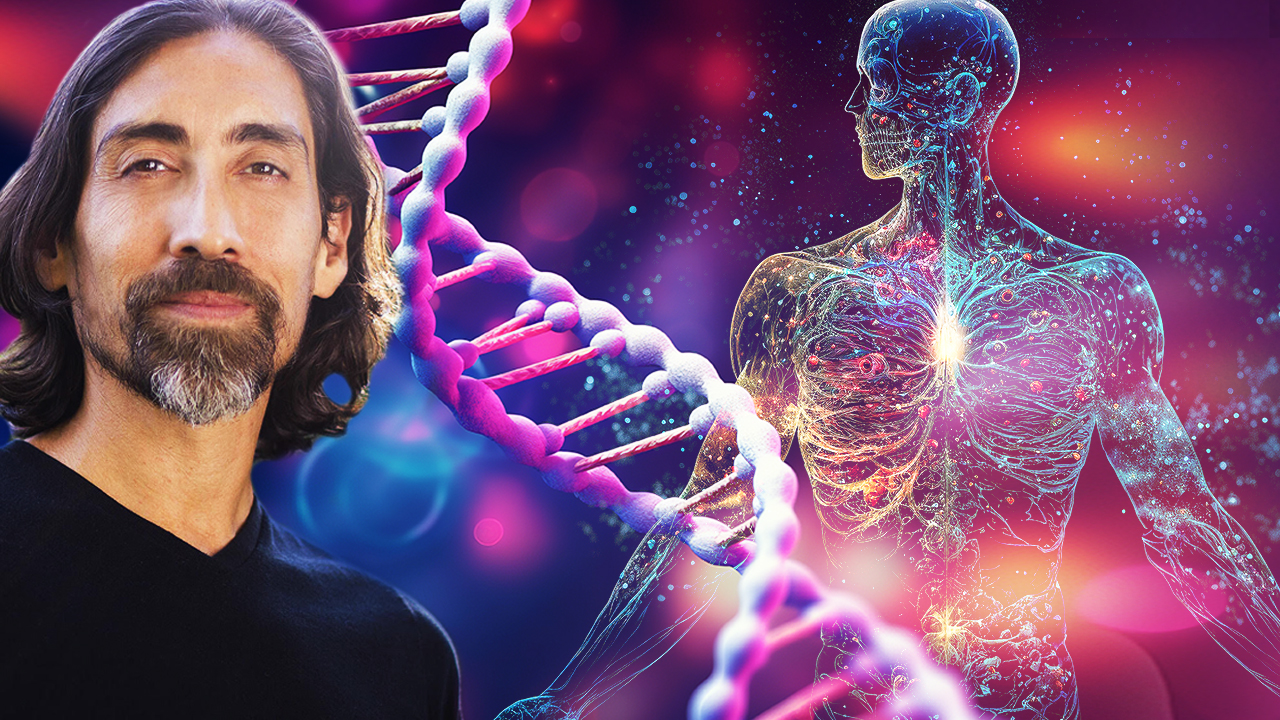4 Science-backed benefits of dark chocolate for the brain
08/15/2023 / By Evangelyn Rodriguez
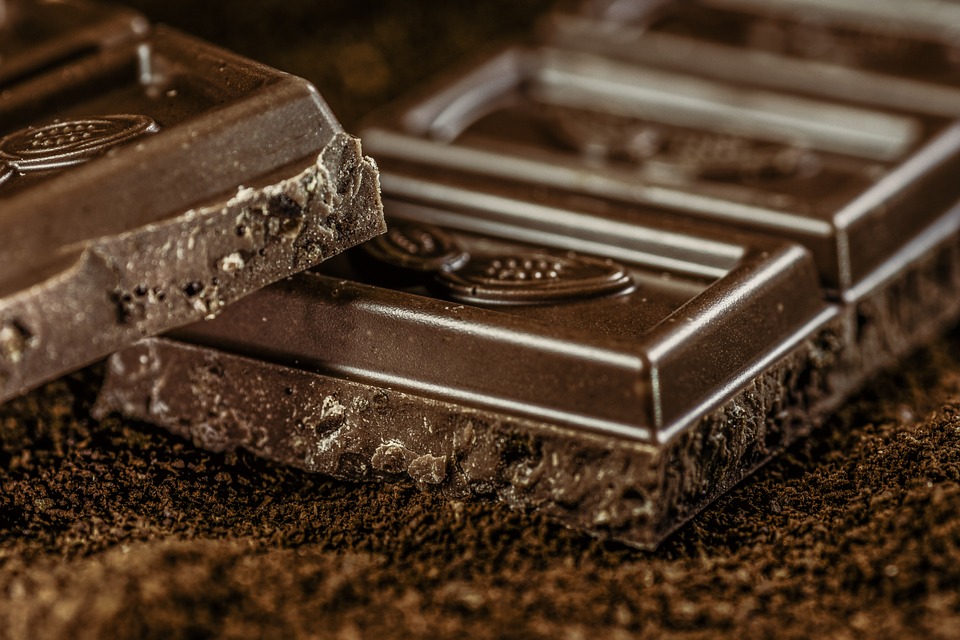
People may be surprised to learn that chocolate is considered a healthy superfood. After all, chocolate has a bad rap for being a sugary, highly processed snack that can cause food addiction.
According to studies, foods that are rich in refined carbohydrates and/or added fats are like tobacco, meaning they trigger strong urges or cravings due to their effects on the brain. In fact, highly processed foods like white and milk chocolate have been found to cause the release of dopamine, the brain chemical associated with rewards and pleasure, at levels similar to nicotine and alcohol.
However, out of the many different types of chocolate (e.g., milk chocolate, white chocolate, dark chocolate, semi-sweet chocolate, etc.), only dark chocolate – minimally processed, that is – is considered a healthy addition to a balanced diet. All chocolate varieties are made from the seeds of the fruit of the Theobroma cacao tree, also known as cocoa beans.
Dark chocolate typically contains 50 to 90 percent cocoa solids, apart from cocoa butter (fat) and sugar. Dark chocolate with 70 percent cacao or higher is said to be the healthiest, thanks to its lower fat and sugar content and cacao’s abundance of antioxidant flavanols. High intakes of flavanols have been associated with reduced risks of heart disease, cancer and diabetes. (Related: Dark chocolate is good for fighting metabolic syndrome, unless you stress about it.)
According to a study published in the Chemistry Central Journal, cocoa powder, which is made from dried and ground cocoa solids, contains significantly more flavanols than acai berry, blueberry, cranberry and pomegranate powders. Cocoa powder also has a greater antioxidant capacity than the said fruits.
A comparison between various antioxidant-rich products (i.e., fruit juices, a cocoa beverage and dark chocolate) also revealed that dark chocolate has the highest antioxidant capacity and total phenolic and flavanol content of all – even higher than those of a cocoa beverage. According to researchers, dark chocolate’s wealth of antioxidants is what makes it an excellent superfood for supporting brain health.
4 Brain benefits of eating dark chocolate, according to science
Research shows that the brain is particularly susceptible to oxidative stress, which is triggered by excessive free radical production and insufficient levels of neutralizing antioxidants. Oxidative stress is believed to contribute to age-related cognitive impairments and the development of neurodegenerative diseases.
On the other hand, antioxidant-rich foods have been found to provide protective benefits against oxidative stress. In the case of dark chocolate, studies show that aside from protecting against free radicals, the antioxidant flavonoids in it also boost cognitive performance by stimulating blood flow in the brain and supporting the growth of new neurons and blood vessels.
When consumed in moderate amounts — studies suggest no more than 20 to 30 grams (g) per day – dark chocolate can offer a variety of brain benefits. Here are some of them:
Dark chocolate can support a positive mood
It is a well-known fact that eating dark chocolate boosts the production of endorphins. Endorphins are a type of brain chemical that uplifts mood by suppressing pain perception, reducing stress and increasing feelings of well-being.
Dark chocolate is a good source of tryptophan, the amino acid used by the brain to produce serotonin. Like endorphins, serotonin is a natural mood booster, although its mode of action differs from endorphins’. Serotonin is one of the so-called “feel-good” hormones.
Dark chocolate also contains anandamide, a chemical that increases feelings of motivation and happiness by binding and activating cannabinoid receptors in the brain. Often called the “bliss molecule,” anandamide has also shown the ability to reduce anxiety in clinical trials.
In addition, dark chocolate contains high amounts of phenylethylamine, a compound that stimulates brain cells to release dopamine. Dopamine is another brain chemical that exerts a “feel-good” effect. Studies show that phenylethylamine has an energizing effect and helps elevate mood in people suffering from depression. (Related: Dark chocolate is good for your brain; it makes you happy AND smarter.)
Dark chocolate improves cognitive functions
Dark chocolate can not only boost cardiovascular health, but also brain performance, according to a study. British researchers found that the flavanols in dark chocolate can improve blood flow to key areas of the brain, resulting in a boost in memory, attention span, reaction time and problem-solving skills.
A study published in the journal Neuroscience & Biobehavioral Reviews explained that chocolate flavanols accumulate in brain regions involved in learning and memory, particularly the hippocampus. Aside from increasing blood flow to these regions, chocolate flavanols are also believed to promote the production of proteins that support brain connectivity, brain cell function and the growth of new neurons.
The brain-boosting power of flavanols is potent enough to benefit even the elderly. Research from Norway suggests that consuming flavanol-rich foods like dark chocolate can improve the performance of older adults in cognitive tests. The study noted that the effect of flavanols on cognition was dose-dependent, with the ideal intake of chocolate being 10 grams per day.
It is also worth noting that dark chocolate contains some caffeine, the amount of which depends on the percentage of cocoa solids. Caffeine is a natural stimulant that’s known to increase brain activity and improve alertness, vigilance, mood and even physical endurance.
Dark chocolate helps relieve stress
Dark chocolate is an excellent source of magnesium, an essential mineral that can help manage your stress response and reduce cortisol levels. Studies have found that low levels of magnesium can enhance your susceptibility to stress, while stress can increase the loss of magnesium.
Stress and magnesium deficiency also have similar symptoms, the most common of which are fatigue, irritability and mild anxiety. With the increasing prevalence of stress in modern society and the decreasing levels of minerals in food, consuming moderate amounts of dark chocolate as part of a well-balanced diet may be a natural solution for both.
One ounce (28 g), or about a square of dark chocolate containing 70 to 85 percent cocoa provides about 64.6 milligrams (mg) of magnesium. The recommended dietary allowance for magnesium is 400 to 420 mg for adult men and 310 t0 320 mg for adult women.
Dark chocolate helps reduce dementia risk
According to a study published in the European Journal of Epidemiology, intake of antioxidant flavonoids (which dark chocolate has plenty of) is inversely related to the risk of incident dementia. This means that the more flavonoids you consume, the lower your likelihood of developing dementia later in life. Antioxidants like the flavanols in dark chocolate protect against oxidative stress, which is said to play a role in dementia.
This protective benefit of antioxidants in chocolate was confirmed by an Italian study involving older adults aged 56 to 75. The study found that high intake of cocoa polyphenols slowed down the progression of mild cognitive impairment to dementia for the participants. This finding suggests that a healthy diet that includes dark chocolate can protect against cognitive decline and preserve cognitive function for older adults.
Moderate consumption of dark chocolate offers considerable health benefits, especially for the brain. With its abundance of potent antioxidants and essential nutrients, dark chocolate is one of the best brain foods you can add to your diet.
Learn more about brain-boosting foods and nutrients at BrainNutrients.news.
Watch this video to learn more about what makes dark chocolate a healthy addition to a balanced diet.
This video is from the Groovy Bee channel on Brighteon.com.
More related stories:
Dark chocolate may be nature’s perfect superfood.
Dark chocolate is good for your heart.
Dark chocolate can help improve bone growth in teens, says study.
Sweet pick-me-up: Dark chocolate is a treat that fights fatigue.
Can you add chocolate to a keto diet?
Sources include:
BPSPubs.OnlineLibrary.Wiley.com
Submit a correction >>
Tagged Under:
aging secrets, antioxidants, brain function, brain health, cognitive function, cognitive health, dark chocolate, dementia, flavanols, food cures, food is medicine, food science, functional food, health science, mental health, Mind, natural cures, natural health, natural medicine, nutrients, phytonutrients, prevention
This article may contain statements that reflect the opinion of the author
RECENT NEWS & ARTICLES
COPYRIGHT © 2017 NATURAL CURES NEWS







